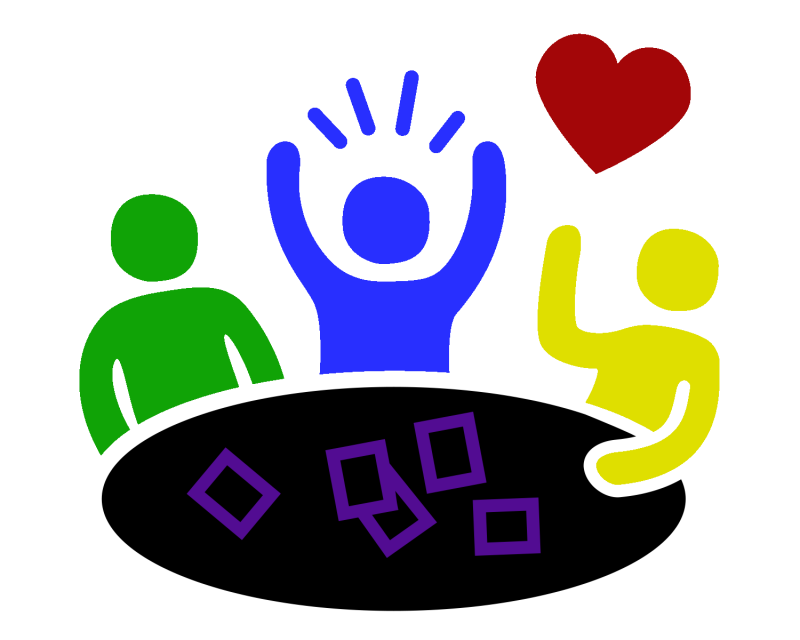Transitioning to college is a complex experience for most students, but it can be even more so for students on the autism spectrum. Autism is a neurological variation characterized by heightened sensory experiences, difficulty processing language, difficulty understanding social interactions and a preference for routine — all of which can make change complicated. Counseling Services currently sponsors a support group for students who have autism or Asperger’s Syndrome led by Dema Stout, a professional academic coach who often comes to Trinity to coach students diagnosed with autism and ADHD.
While Stout is not officially affiliated with Trinity, many Trinity students go to her for academic support after being referred to her by Student Accessibility Services (SAS), Counseling Services or parents of current and former students. Stout formed a group for students on the spectrum at the beginning of the semester under the guidance of Richard Reams, associate director of Counseling Services. During their biweekly meetings, students discuss a variety of topics related to autism and college life.
“At our last meeting we talked about coping with holidays, interacting with family, safe spaces to go to if you’re feeling overstimulated and dealing with large crowds,” Stout said.
One of Stout’s main goals is for students with autism to form bonds with other students who share their experiences.
“It’s beneficial for students to find people that they can relate to and who will accept them, so they can discuss issues without fear of judgment. A lot of students in the group have become friends outside the group,” Stout said. “It often takes more time and initiation for people on the autism spectrum to make friends, and it can be difficult, especially in college, but I have never coached a student who didn’t want friends.”
Israel Rodriguez, a senior and music education major, spoke about how being a student with autism has influenced his academic career.
“I’ve always found subjects that I was really interested in. Back when I was in grade school, I excelled in math, and of course, look at where I am now. I am going all the way out there with music,” Rodriguez said. “But at the same time, [being autistic] also does come with some negatives. Going back to grade school, while I was excelling in math, I was also [hindered] in reading. Not like, ‘Oh, I don’t know how to read this word,’ but more like the interpretive and context clues kind of stuff.”
While Rodriguez found social situations challenging growing up, the college transition made it easier for him to express himself comfortably and to find friends on campus.
“At least in my case, for the longest time I’ve always wanted to fit in. But as I’ve gotten to college, that kind of stopped [being] a priority for me, and I guess once I stopped making that a priority, I had an easier time [socializing] with people, especially people in my hall, Swashbucklers,” Rodriguez said. “In college, or at least here at Trinity, you’re allowed to be yourself.”
Myeshia Smith, assistant director for SAS, spoke about resources that she and student accessibility specialist Jessica Reyes can provide for autistic students.
“Supports are put in place based on a student’s needs. Each student with autism spectrum disorder presents with different strengths and different areas that they want to improve on,” Smith said. “For some students, we make referrals for academic coaching to help with time management, study skills or organizational skills. We’ve made referrals for Dema’s support group. … Each semester, Jessica or I can review a student’s schedule with them and discuss what accommodations may be needed in each class.”
Smith spoke about a peer mentorship program currently being planned by SAS. Starting next fall, her program would match first-year and sophomore students with junior and senior student mentors with similar disabilities, who could provide support, encouragement and advice about self-advocacy, requesting accommodations and navigating college life.
Smith and Reyes are also working on summer programming on campus to educate disabled students and their families about the transition from high school to college, and the resources Trinity provides to all students.
“[Reyes] and I can present on the accommodations we offer, we’ll give a tour of the supports that are in the TLC, and we can have different speakers come in to talk about academic resources, such as the Writing Center and academic coaching,” Smith said.
Students who are interested in joining the support group, which meets on alternating Tuesdays at 4:30 p.m. in Counseling Services, can contact Stout at [email protected] and Smith at [email protected]. For more information about autism, the Autistic Self Advocacy Network, Spectrum News and Autism Women & Nonbinary Network are among many online resources.








activate-avg.com • Oct 24, 2019 at 8:11 am
It’s going to drastically help your pc out.